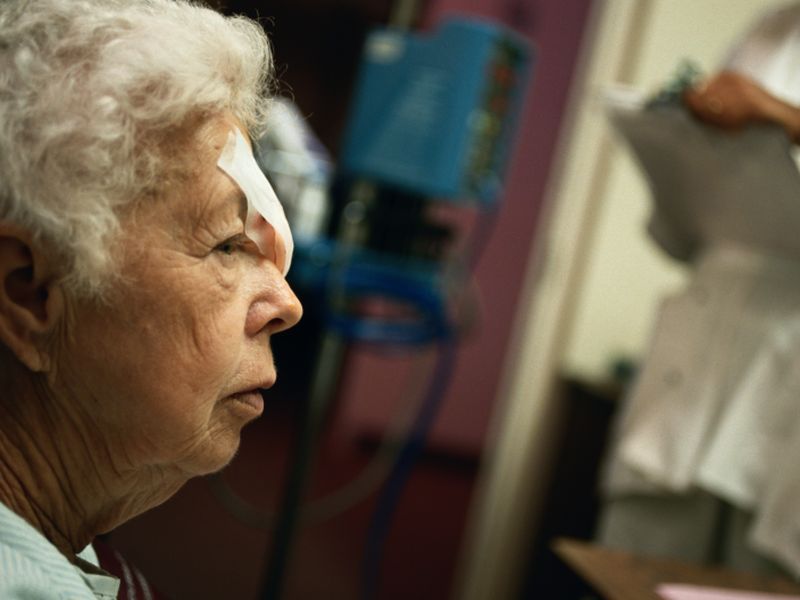
Wider use of prescription generic drugs could save Medicare nearly $2 billion a year, researchers say. The new analysis of Medicare Part D prescription drug claims for 2017 used a random 20% of beneficiaries, 224 drugs with one or more generic substitutes and at least 1,000 claims. Medicare Part D accounts for roughly one-third of… read on > read on >


















